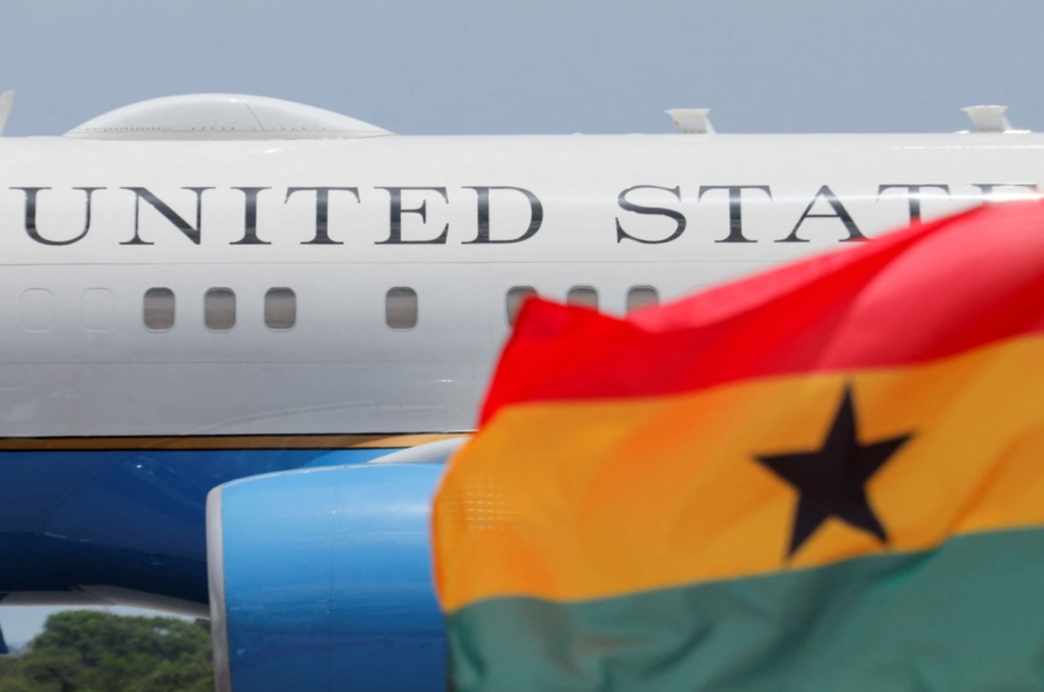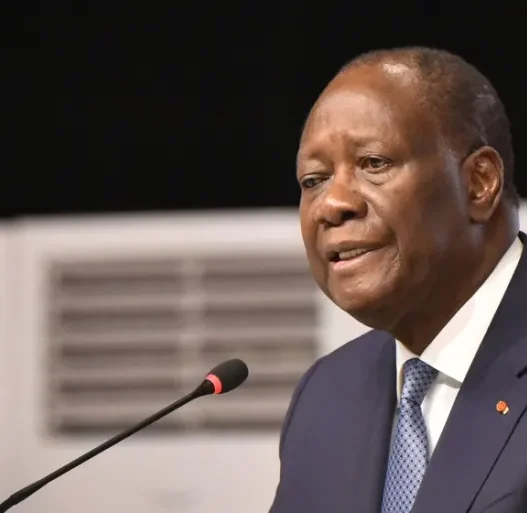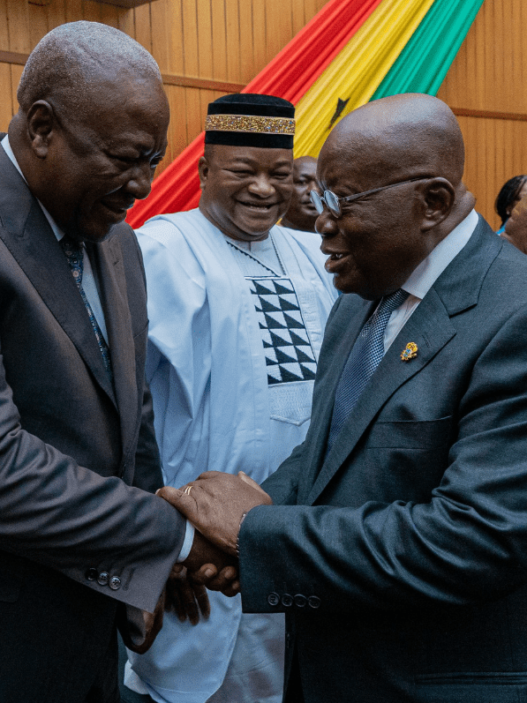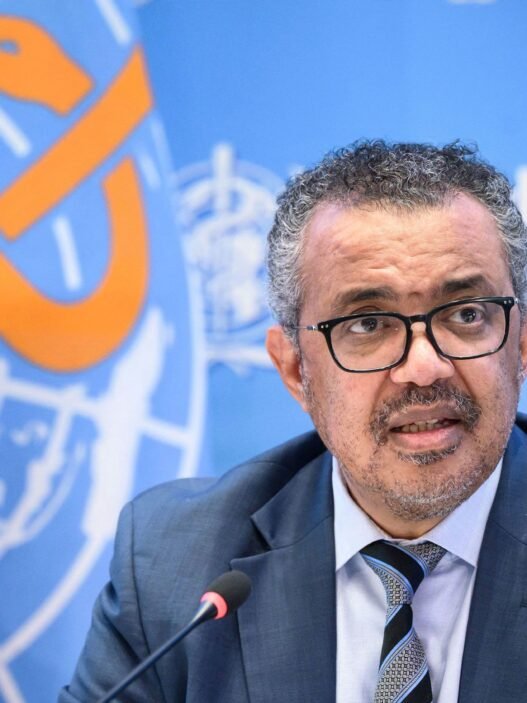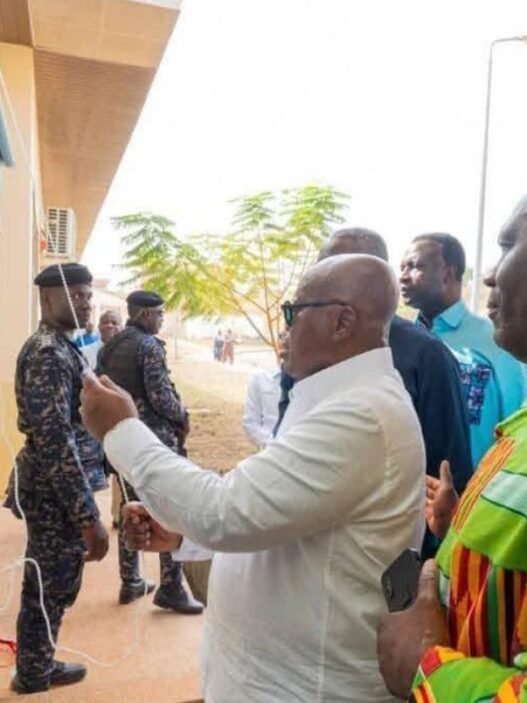Recent allegations from Russian officials claim that the United States is expanding its biological research activities in Africa, suggesting that these efforts may have covert military purposes. The accusations are part of broader geopolitical tensions, but given the U.S.’s history of covert operations, it is worth critically examining the situation to assess the validity of these claims.
The Allegations
Russia has accused the United States of relocating some of its biological research projects from Ukraine to African countries, including Ghana, Djibouti, Nigeria, Cameroon, the Democratic Republic of Congo, Sierra Leone, and Uganda. According to Major General Aleksey Rtishchev, Deputy Chief of Russia’s Radiation, Chemical, and Biological Protection Troops, U.S. activities in Africa involve natural disease outbreak monitoring, pathogen isolation, sequencing, and establishing military medical centers. Specific examples include:
- A U.S. military medical center in Kenya, allegedly monitoring infectious disease spread in Central Africa (TASS).
- Joint medical research centers and military medical laboratories in Nigeria, reportedly staffed by U.S. Department of Defense specialists (Al Mayadeen).
Deputy Secretary of the Russian Security Council Alexey Shevtsov has also claimed that the U.S. is developing biological weapons aimed at specific ethnic groups, although no substantive evidence supports this assertion.
Historical Context of U.S. Covert Operations
The United States has a history of engaging in covert operations that prioritize strategic interests, sometimes at the expense of local populations. During the Cold War, the CIA’s activities in Africa, such as the destabilization efforts in the Congo, demonstrated a pattern of intervention under the guise of support for local governments. This historical backdrop raises valid concerns about current U.S. initiatives in Africa (AP News).
Moreover, the U.S. has been involved in global biological research through entities like the Walter Reed Army Institute of Research-Africa (WRAIR Africa). WRAIR collaborates with local institutions such as the Kenya Medical Research Institute (KEMRI) to address infectious disease threats. While these efforts are framed as defensive and public health-oriented, skepticism persists regarding their ultimate purpose (WRAIR).
Criticism and Evidence
Critics argue that the U.S.’s activities could have dual-use implications, meaning that ostensibly civilian research could be repurposed for military applications. Russia’s allegations have been amplified by its intelligence agencies, which have previously spread disinformation to undermine U.S. influence. For example, the Wall Street Journal reported that Russian intelligence disseminated false claims about U.S. biological testing in Africa to weaken American standing in the region (WSJ).
Despite these criticisms, U.S. officials and international observers maintain that biological research conducted in Africa is primarily aimed at combating infectious diseases and enhancing global health security. Initiatives like the U.S. Army Medical Research Directorate-Africa/Nigeria (USAMRD-A/N) emphasize collaboration with local governments and health organizations to tackle public health challenges such as cervical cancer and disease outbreaks (U.S. Embassy in Nigeria).
Transparency and Oversight
The Biological Weapons Convention (BWC), to which both the United States and Russia are parties, prohibits the development and use of biological weapons. However, the BWC lacks robust verification mechanisms, creating an environment where mutual accusations of non-compliance can thrive. This underscores the importance of transparency and international oversight to ensure that research programs adhere to ethical standards (BWC Overview).
Concluding Thoughts
While there is no concrete evidence supporting Russia’s claims that the United States is conducting biological warfare activities in Africa, the allegations highlight the need for scrutiny. The U.S.’s history of covert operations in developing regions and strategic economies, combined with the lack of transparency in some initiatives, fuels skepticism. To address these concerns, international bodies should strengthen monitoring mechanisms and promote accountability in global health collaborations.
In the absence of verifiable evidence, it is critical to approach these allegations with caution, balancing vigilance against the risk of perpetuating disinformation. Ultimately, ensuring the well-being of local populations should remain the central goal of any biological research initiative in Africa.










